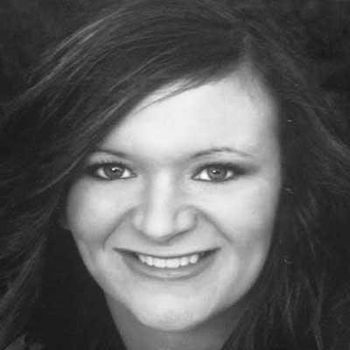Penn State students preach social justice to DC high schoolers
Students from Penn State University recently descended upon the nation’s capital to teach high school students about social justice activism.
Penn State recently completed an inaugural two-week course, “D.C. Social Justice Fellowship: Empowering Citizens and Engaging Communities,” during which 13 participating students discussed the issues of race, gender/sexuality, socio-economic status, ability, and criminal justice with their younger counterparts.
Participants were given training workshops on issues of inequity that affect marginalized communities, according to the course description, and then put those lessons to work in actual high school classrooms, helping to design and execute curriculum on social justice issues for D.C. public high schools.
[RELATED: UMass prof shoehorns social justice into every class]
A large part of the course was devoted to teaching high school students about the importance of both social justice identities and institutional inequities through discovery-based, democratic learning, course developer Efrain Marimon told Penn State News.
[RELATED: Mandatory social justice course contrasts Rodney King with anti-police music
“Through academic discourse, action research, workshops, mentor conferences, and stakeholder meetings, students learn to critically examine issues in education, law, policy, and social structures toward the goal of formulating cooperative solutions,” Marimon explained. “Through a community-embedded experience, students learn to thrive as leaders in multicultural settings that integrate theory, service, leadership, research and community engagement.”
This year’s fellowship was funded by several university departments, and was reportedly well received by both Georgetown University and the District of Columbia Public Schools, resulting in an invitation to return next year, when the fellowship will have additional funding from the Schreyer Institute for Teaching Excellence.
One of the primary purposes of the fellowship, Marimon said, “is to establish a program that yields education- and community-based leadership with a commitment to social justice.”
[RELATED: Bard students demand mandatory social justice training and seminars]
“Built into the simulation were controversial, but important, factors that led to outcomes that support statistics (correlation between recidivism rates and persons of color),’’ Marimon said. “After high school students encountered institutional barriers, the Penn State student teachers skillfully tease[d] out substantive issues in society and policies to help students to propose policy solutions (suggested laws or community initiatives) that addressed the challenges they encountered.’’
Ashley Patterson, an assistant professor of language, culture, and society who helped Marimon teach the course, predicted that the social justice fellowship could potentially revolutionize the way education is taught in secondary and post-secondary institutions, noting that participants described it as a “unique classroom experience that challenged them to confront biases, think critically, analyze different sides of an argument, and embrace diversity and growing pains.’’
Campus Reform reached out to Marimon for additional details about the fellowship, but had not received a response by press time.
Follow the author of this article on Twitter: @morgan_walker95

